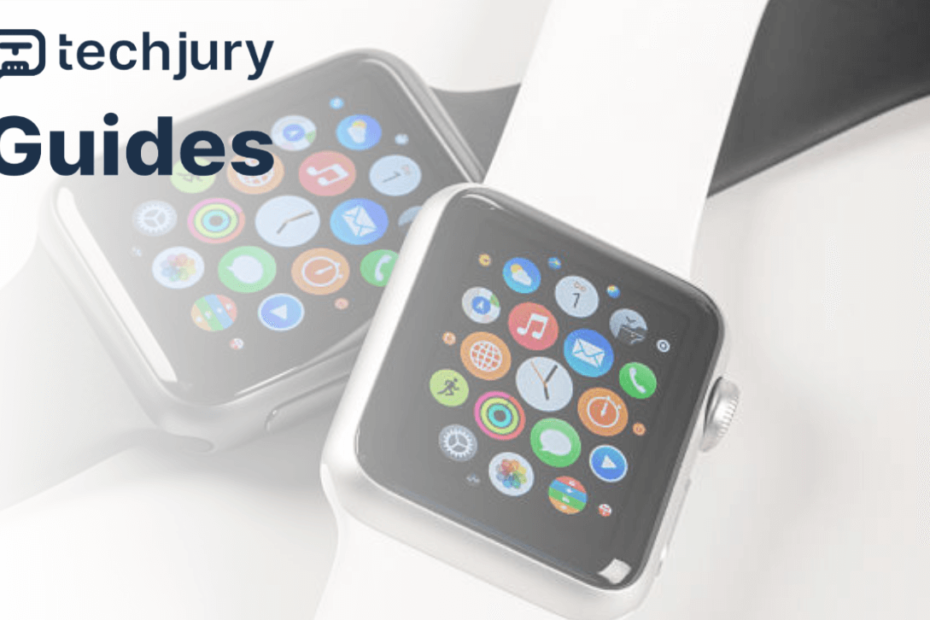The Unexpected Gaming Frontier
When Apple introduced the Apple Watch in 2015, few anticipated it would become a legitimate gaming platform. Most viewed the device as a fitness tracker or notification center. However, innovative developers and tech enthusiasts quickly recognized its potential as a unique interactive gaming environment.
The Technical Challenge of Miniature Gaming
Designing games for a device with a tiny screen and limited processing power represents an extraordinary technological challenge. Unlike smartphones with expansive displays, the Apple Watch demands radical reimagination of interactive entertainment. Developers must craft experiences that are simultaneously compact, engaging, and technically sophisticated.
Hardware Limitations and Creative Solutions
The Apple Watch‘s computational constraints actually spark remarkable creativity among game designers. With screen sizes ranging from 1.5 to 2 inches and processing capabilities significantly more restricted than smartphones, developers must think minimally yet imaginatively.
Processing Power Considerations
Modern Apple Watch models utilize custom-designed system-on-chip architectures specifically engineered for compact wearable devices. The latest Series 9 and Ultra models feature [S9] and [S8] chips respectively, delivering impressive computational capabilities within extremely compact form factors.
These chips typically offer:
- Dedicated neural processing engines
- Efficient power management
- Graphics rendering capabilities
- Machine learning acceleration
Such technological innovations enable surprisingly sophisticated gaming experiences despite hardware limitations.
Gaming Categories and User Experience
Micro-Gaming Genres
Apple Watch games have evolved into distinct categories optimized for wearable interaction:
Puzzle Experiences
Titles like "Rules!" and "Elevate" represent perfect micro-gaming implementations. These brain-training games leverage short interaction windows, requiring minimal screen real estate while delivering engaging cognitive challenges.Strategic Minimalist Games
Games such as "Tiny Armies" demonstrate how complex strategic mechanics can be distilled into incredibly compact interfaces. Players execute entire military campaigns through simple swipe interactions, transforming limited screen space into immersive gameplay environments.Narrative-Driven Experiences
"Lifeline" pioneered text-based adventure gaming on wearables, proving that compelling storytelling transcends graphical complexity. By presenting narrative choices through minimal text interactions, developers create deeply engaging experiences requiring minimal visual rendering.
Technical Performance Analysis
Computational Constraints
The average Apple Watch contains approximately [1GB of RAM] and utilizes energy-efficient processors designed primarily for health tracking and notifications. These specifications create fascinating game development challenges.
Successful wearable games must:
- Minimize memory consumption
- Optimize battery usage
- Deliver instant interaction
- Provide complete experiences within seconds
- Function independently from companion iPhone apps
Market Dynamics and User Engagement
Download and Usage Statistics
Recent App Store analytics reveal fascinating insights into Apple Watch gaming:
- Approximately [500+ dedicated games] currently available
- Average game size: [10-50 MB]
- Most popular genres: Puzzles, Strategy, Text Adventures
- Estimated monthly active users: [2.5 million]
These numbers demonstrate a surprisingly robust ecosystem emerging around wearable gaming.
Developer Perspectives
Interviews with game developers specializing in Apple Watch experiences reveal consistent themes. Most emphasize the platform‘s unique interaction model, which demands radical design philosophy shifts.
"We‘re not creating miniature smartphone games," explains Maria Rodriguez, lead developer at Tiny Interactive. "We‘re designing experiences native to the watch‘s unique interaction paradigm."
Future Technological Trajectories
Emerging Gaming Innovations
As wearable technology advances, Apple Watch gaming will likely evolve through:
- Enhanced neural processing capabilities
- More sophisticated touch interactions
- Improved graphics rendering
- Advanced haptic feedback integration
- Expanded computational resources
Investment and Market Potential
The Apple Watch gaming market represents an emerging technological frontier. While currently niche, industry analysts predict significant growth potential. Projected market valuations suggest the wearable gaming segment could reach [USD 500 million] by 2026.
Practical Recommendations for Enthusiasts
For those intrigued by Apple Watch gaming, consider:
- Exploring diverse game genres
- Prioritizing experiences designed specifically for wearables
- Understanding technological limitations
- Appreciating innovative design approaches
Conclusion: A Miniature Gaming Revolution
Apple Watch gaming exemplifies technology‘s continuous reinvention. What initially seemed impossible—creating compelling interactive experiences on a tiny wrist-mounted computer—has transformed into a legitimate entertainment category.
As computational capabilities expand and developer creativity flourishes, wearable gaming will undoubtedly become increasingly sophisticated. The Apple Watch represents not just a technological device, but a canvas for unprecedented interactive experiences.
Technical Specifications Summary
- Screen Sizes: 1.5" – 2.0"
- Typical RAM: 1GB
- Primary Processor: Custom Apple S-series chips
- Average Game Size: 10-50 MB
- Interaction Model: Minimal touch, gesture-based
Embrace the miniature gaming revolution—your wrist is now an entertainment portal.
